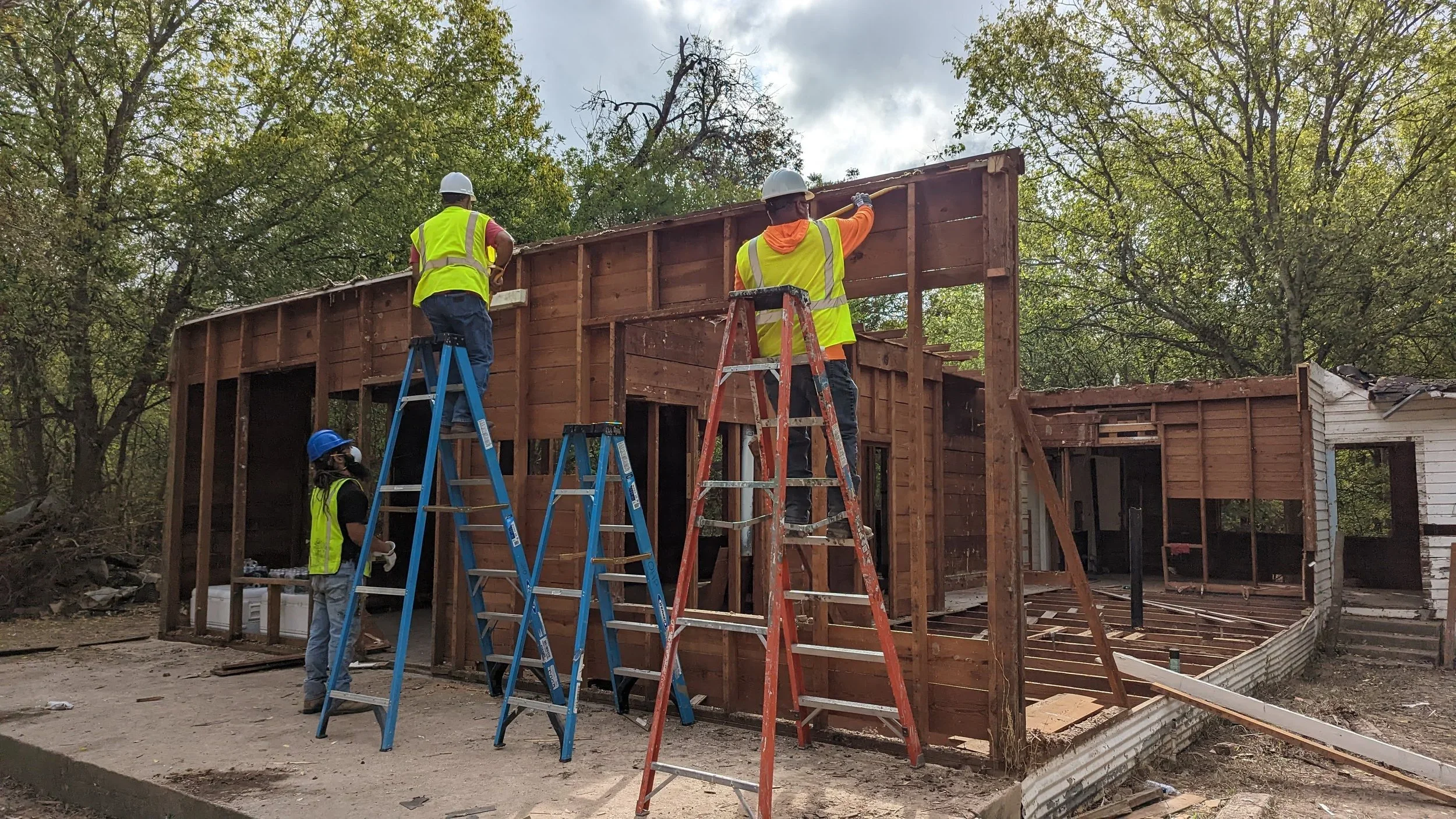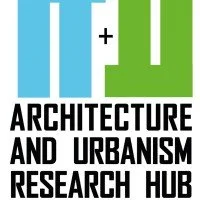Decarbonizing the Built Environment Through Heritage (DBTH)
A project to integrate transformative, cultural heritage-based solutions into climate policy at all scales.
Project Funder: The Mellon Foundation and the 1772 Foundation through the Climate Heritage Network
Project Type: Policy scan, case study development, community engagement, toolkit creation, dissemination campaign
Keywords: cultural heritage, traditional knowledge, decarbonization, climate policy
background
Communities and organizations worldwide are demonstrating the benefits of heritage-informed building decarbonization as proven climate mitigation solutions.
Often perceived as a climate liability, heritage buildings and practices offer tremendous potential to mitigate greenhouse gas emissions directly and to catalyze societal change toward a climate positive future. And yet, policies and regulations often favor new construction and new technology, leaving aside or actively creating barriers to decarbonization through cultural heritage.
Decarbonizing the Built Environment through Heritage (DBTH) will expand the past work of the the Climate Heritage Network (CHN) by engaging frontline community organizations and CHN members to champion changes to policies, codes and practices needed to scale up heritage-informed strategies from the local to the global levels.
DBTH, led by Built Buildings Lab in collaboration with Architecture 2030 and the University of Lagos Architecture and Urbanism Hub, will work with communities, heritage practitioners and educators to gather replicable solutions. It will provide insight into implementation barriers, assess policy and practice levers, provide communications resources to empower regional and global advocates, and deploy targeted outreach to advance high-impact, heritage-based decarbonization strategies across the building sector.
aims
Prepare cultural heritage advocates to transform building decarbonization knowledge and policy locally, nationally, and globally.
Elevate heritage-based knowledge within climate policy and replicable solutions held within frontline communities in the USA and Africa.
Empower communities to integrate their heritage-based decarbonization work within climate policy, share insights, and catalyze the uptake of heritage-based climate strategies.
Grow the participation, reach, and impact of CHN to include more frontline communities within the US and create a robust group of African members.
activities
DBTH Campaign
(November 2025 – June 2026)
At COP30, DBTH will launch a global campaign calling for policy transformation to accelerate heritage-informed decarbonization, elevate proven heritage solutions, and strengthen a community of advocates for culture-based climate action. The campaign will coordinate messaging, communication, and virtual programming across CHN.
DBTH Toolkit
(Launching Spring 2026)
With stakeholders from the CHN Built Environment Hub and community and academic organizations in the US and Africa, the DBTH team is preparing a toolkit with key policy messages, communication resources, and case studies that demonstrate high-impact heritage-informed decarbonization strategies across the building sector.
DBTH Campaign
follow the campaign
-
In April of 2024, Lori Ferriss represented DBTH and Climate Heritage Network at the Annual Assembly of the UNEP Global Alliance for Buildings and Construction. Her role was to represent the importance of cultural heritage in building sector climate action and identify key levers for impact for DBTH across workstreams including circular economy, sufficiency, and market transformation.
-
One of the 2025 Sharm El Sheikh Mitigation Ambition and Implementation Work Programme topics is “enabling mitigation solutions in the waste sector, including through circular economy approaches.” This topic will be explored at the MWP’s Sixth Global Dialogue, whose outputs are expected to inform COP30’s mitigation decision. At SB62, working with the LGMA constituency group led by ICLEI, CHN representatives were able to intervene on the culture and heritage dimensions of circular economy during a planning session for the Sixth Dialogue organized by the MWP Co-Chairs. Learn more about CHN’s actions at SB62 here.
-
The Sharm El Sheikh Mitigation Ambition and Implementation Work Programme (MWP) has proved a key UNFCCC battleground on fossil-fuel phaseout and other contentious GHG issues.
The MWP’s Sixth Global Dialogue, whose outputs are expected to inform COP30’s mitigation decision, will focus on “enabling mitigation solutions in the waste sector, including through circular economy approaches.” Following our intervention at SB62 on this subject, DBTH made an official submission on the role of heritage in a circular economy. -
DBTH will represent the important role of heritage-informed decarbonization in Addis Ababa, including at the MWP 6th Global Dialogue on waste and circularity. Stay tuned for more details.
-
DBTH will represent the important role of heritage-informed decarbonization at several events this September in NYC. Stay tuned for more details.
-
Photo courtesy of San Antonio Office of Historic Preservation.
meet the team
-

Lori Ferriss, Built Buildings Lab
PROJECT LEAD
-

Billie Faircloth, Built Buildings Lab
RESEARCH LEAD
-

Mokọ́ládé B Johnson, University of Lagos
AFRICA REGION LEAD
-
Lisa Richmond, Architecture 2030
ENGAGEMENT LEAD








